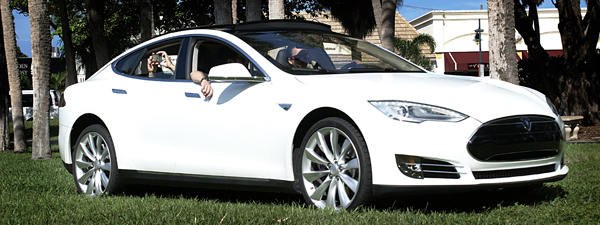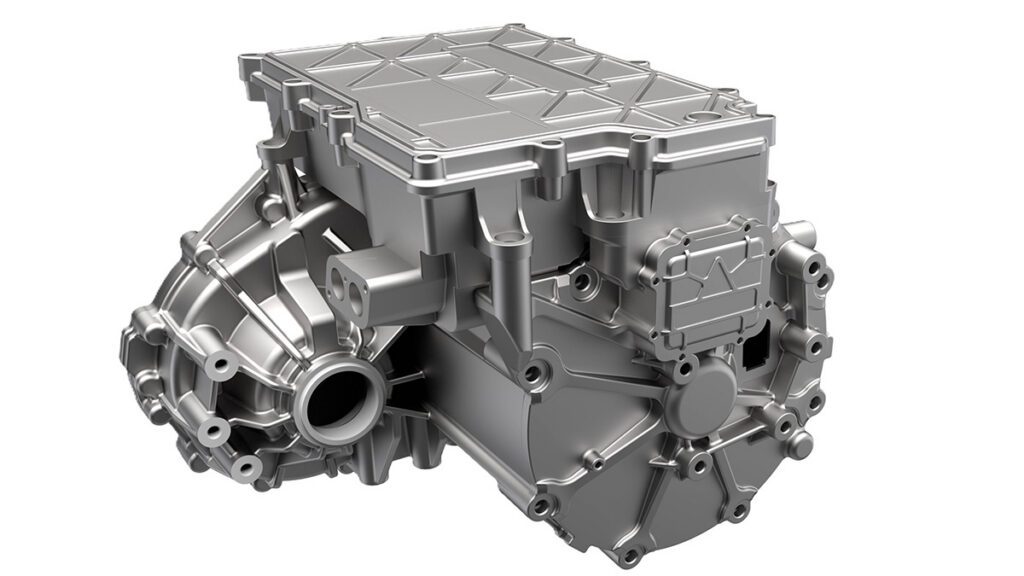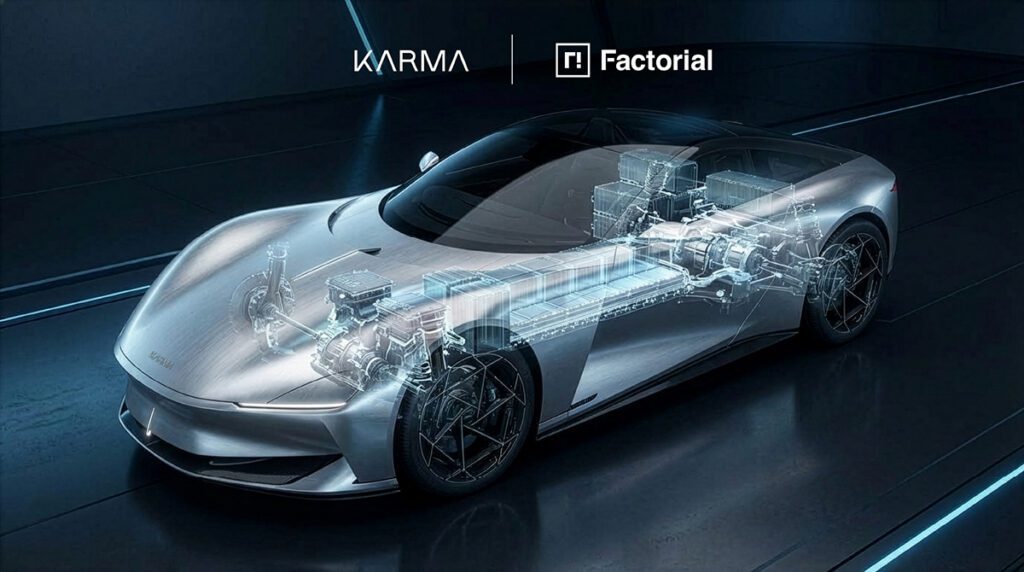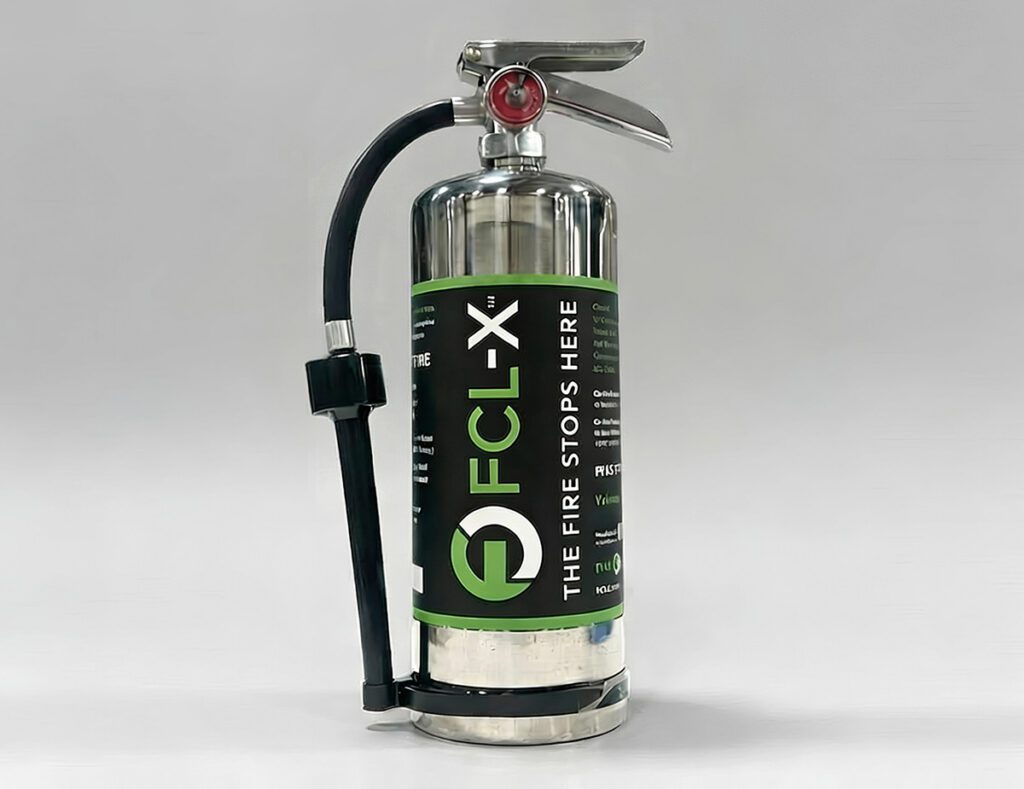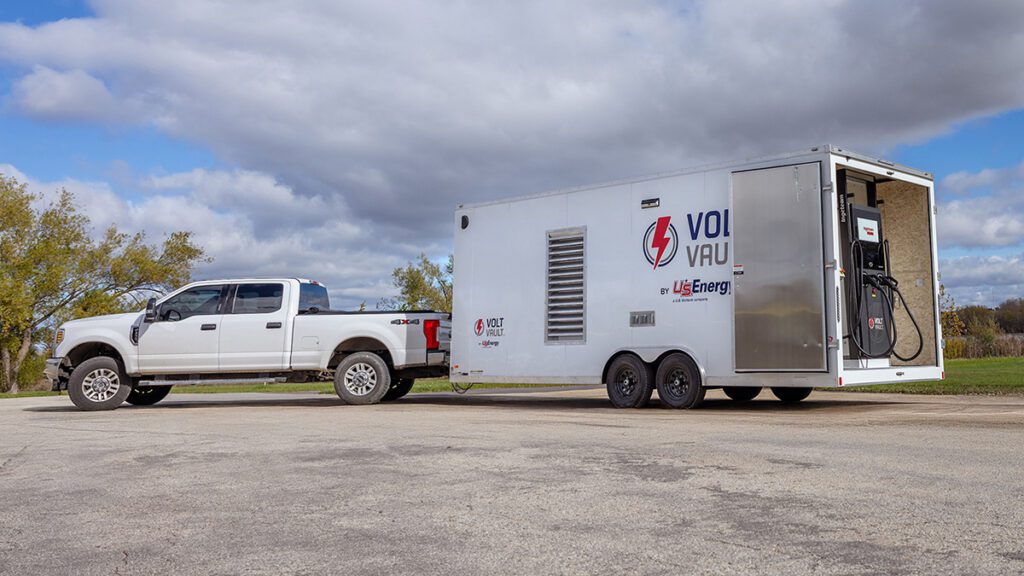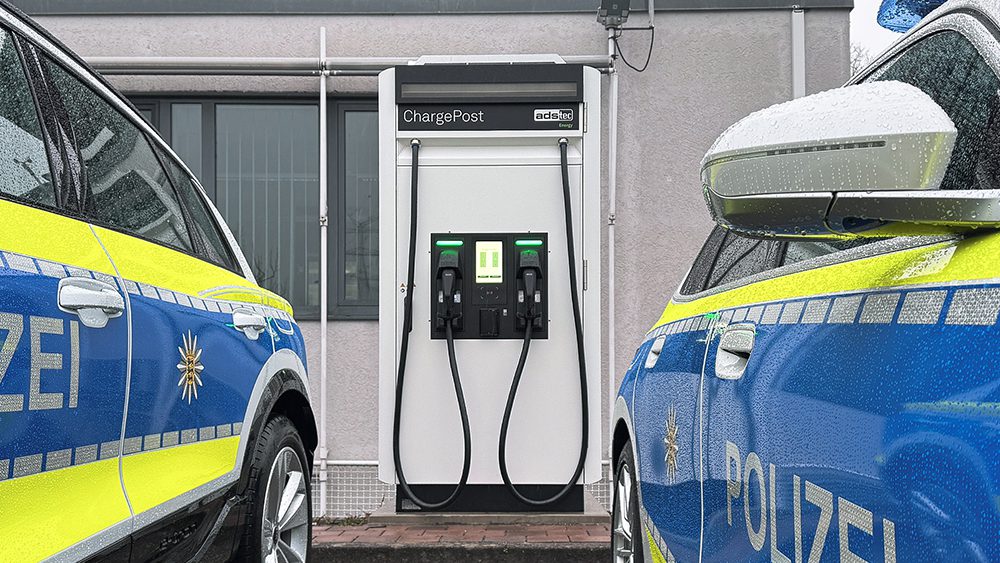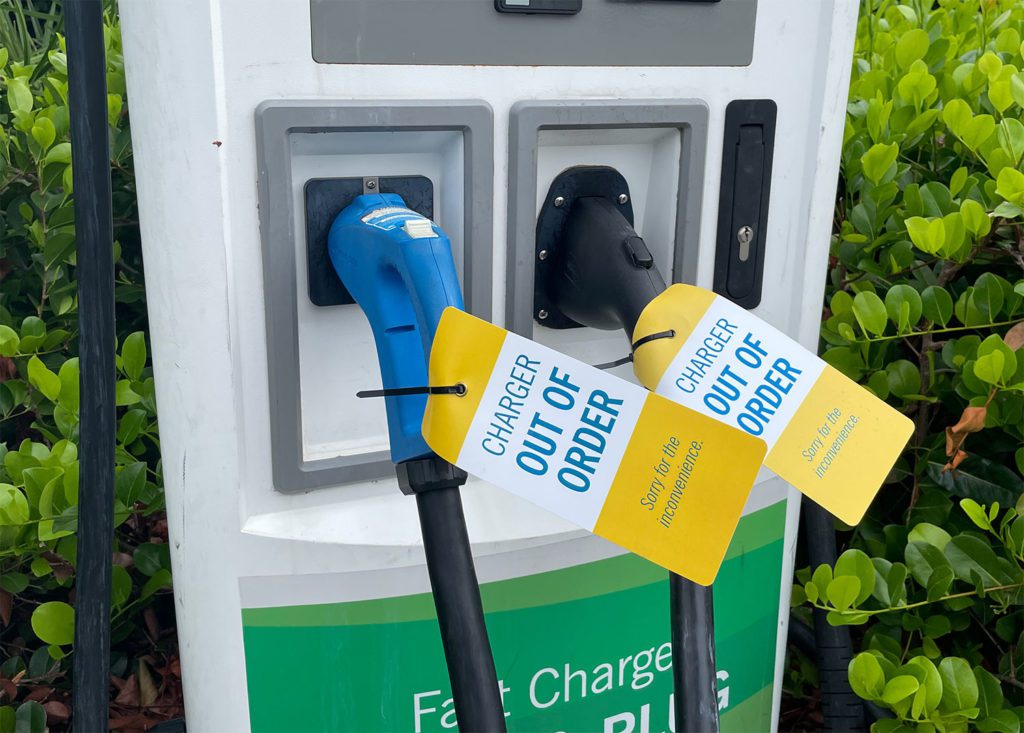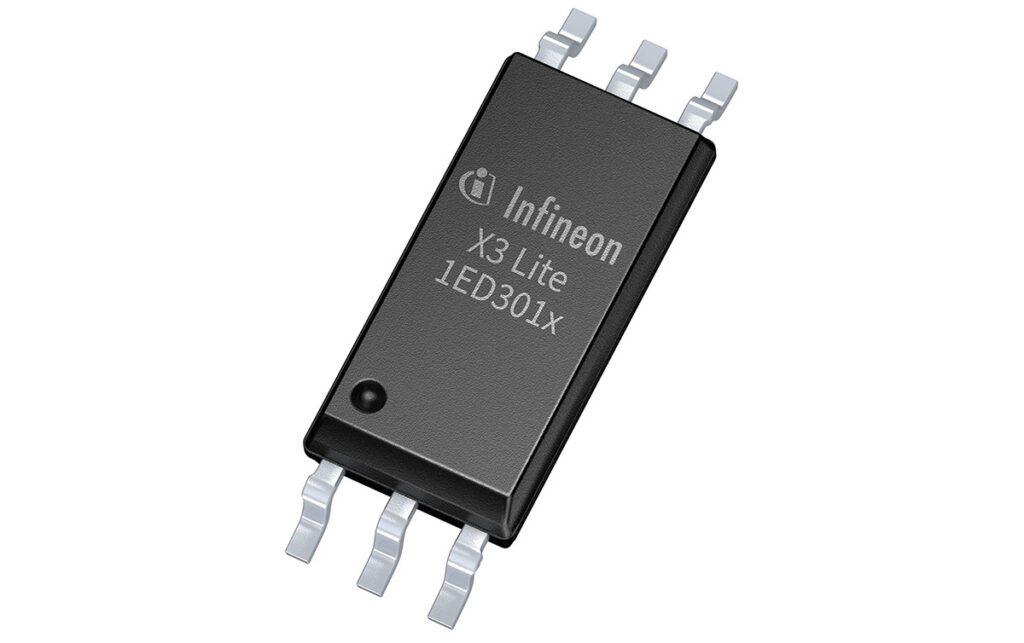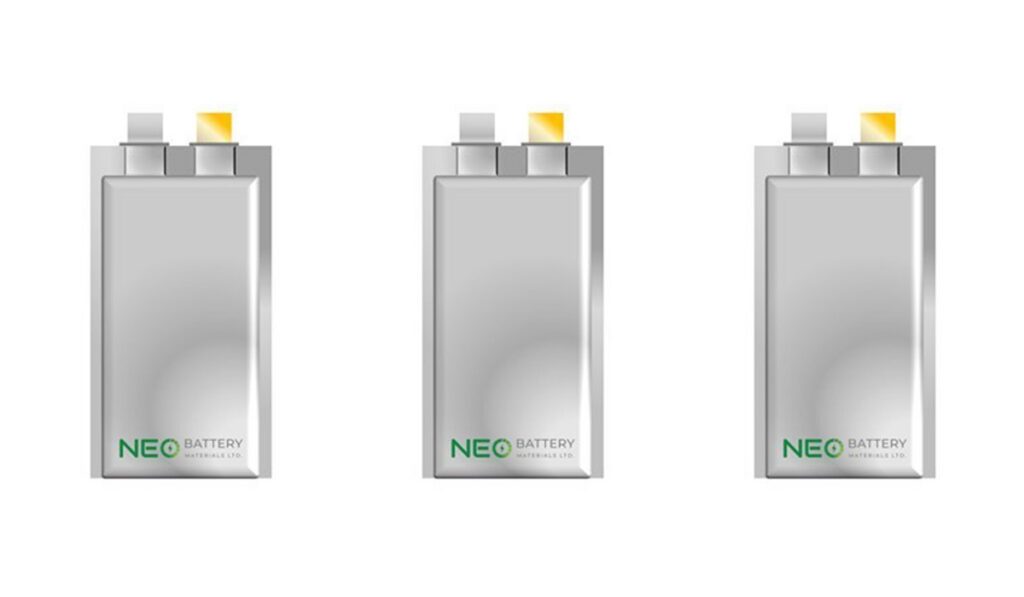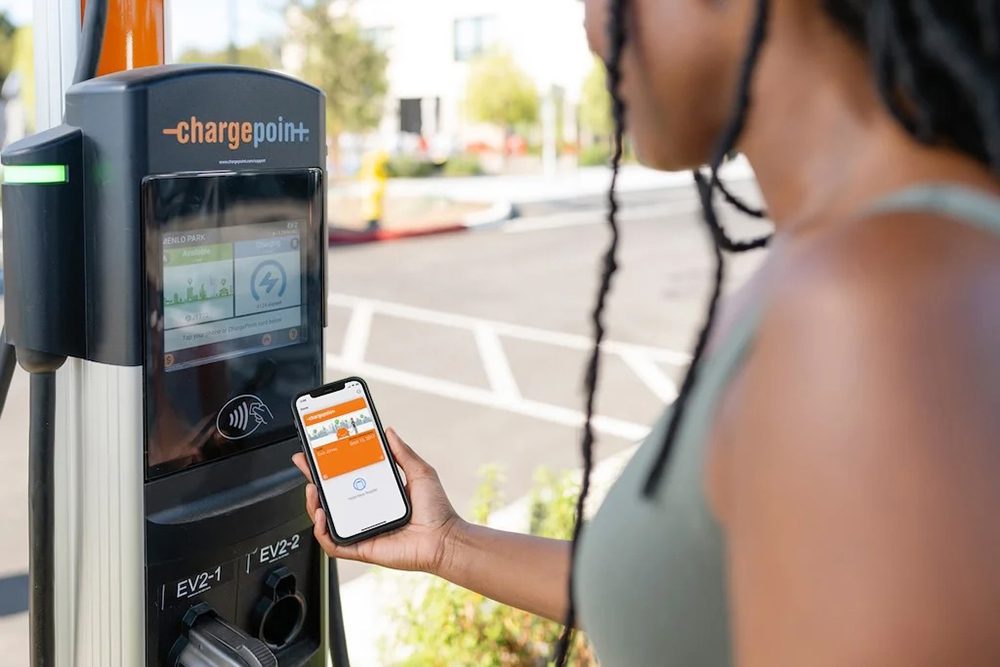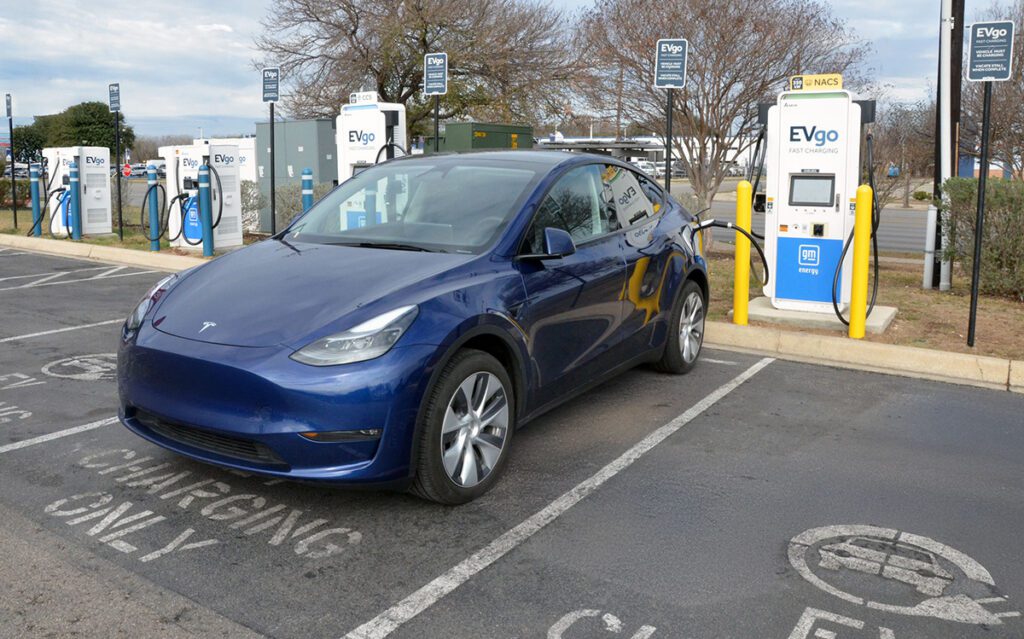Total plug-in vehicle sales in the US fell back a bit in April (7,239 units sold), after setting an all-time record in March (7,830). It’s starting to be a thrilling race, with the front-runners swapping places, new entrants getting ready to enter the track, and early favorites dropping out.
The big news is Tesla, which apparently powered into the lead with about 2,200 Model S electric sedans sold, as estimated by InsideEVs.com. We say “apparently,” because Tesla doesn’t release monthly sales figures. However, it does release tantalizing tidbits of news, and various EV pundits follow the trend-setting company so closely that their sales estimates are probably pretty darn accurate.
The Nissan LEAF is coming up fast in Tesla’s rear-view mirror – it moved 1,937 vehicles in April, which doesn’t match the all-time record (for any EV) of 2,236 that it set in March, but does represent an increase of over 400 percent compared to April 2012, according to the company. Nissan’s factory in Smyrna, Tennessee, is now fully operational, and is cranking out three different LEAF models at lower prices than ever before, so there’s every reason to believe that the electric hatchback will remain a contender for the lead.
Meanwhile, the Chevrolet Volt, which led for several laps early in the race, has dropped back to third place. It sold 1,306 units in April, a bit less than the 1,478 it sold in March, and a far cry from its all-time record of 2,981 in October 2012. One hopes that this is a temporary setback, as potential buyers hold out for the 2014 Volt, which is scheduled to go on sale in late May.
The Toyota Prius Plug-In continues to fall farther back in the field. It sold only 599 units in April, an all-time low for monthly sales since its March 2012 launch. Our colleagues at InsideEVs opine that competition from other plug-ins is eroding Toyota’s position. Certainly Ford is aggressively marketing its C-MAX as an American-made alternative to the PPI, but its sales haven’t been burning up the track either. Could it be that, contrary to conventional wisdom, plug-in car buyers are starting to prefer pure EVs?
Ford sold 365 of its Fusion Energi PHEV sedans in April, an increase over March’s 295 units. However, sales of the C-MAX Energi hatchback were down in April – 411 units, compared to 494 in March. Inventory constraints may have played a role in the mediocre sales.
The Ford Focus Electric continues to straddle the line between the serious contenders and the “compliance cars.” It sold 147 units in April, compared to 180 in March.
Also floating around back here is the Mitsubishi i-MiEV, which continues to puzzle the pundits of plug-ins. The ovoid city car is selling a respectable number in Japan, and is available at dealers all over the US, so why isn’t Mitsubishi doing anything to promote it? A paltry 127 units rolled out in April, after a pathetic 31 in March.
Way behind the lead lap, unadvertised and unloved, the compliance cars continue to limp around the track, and some may not even sell enough to comply with the California Zero-Emission Vehicle regulation that is their raison d’etre. The Honda Fit EV and Toyota RAV4 EV each sold a handful of units.
The Honda Accord Plug-In sold a slightly larger handful in April than it did in March. It went on sale in January, and it’s too early to tell whether Honda is interested in selling the new sedan. It could have a bright future – the EPA has rated it at 115 MPGe, the highest rating of any PHEV on the market.
Sadly, two companies dropped out of the race this month. Coda, whose electric sedan never really was in contention, has declared bankruptcy. Fisker, whose Karma was an early favorite, looks as if it may follow suit soon, unable to overcome a string of setbacks from costly recalls to supplier problems.




